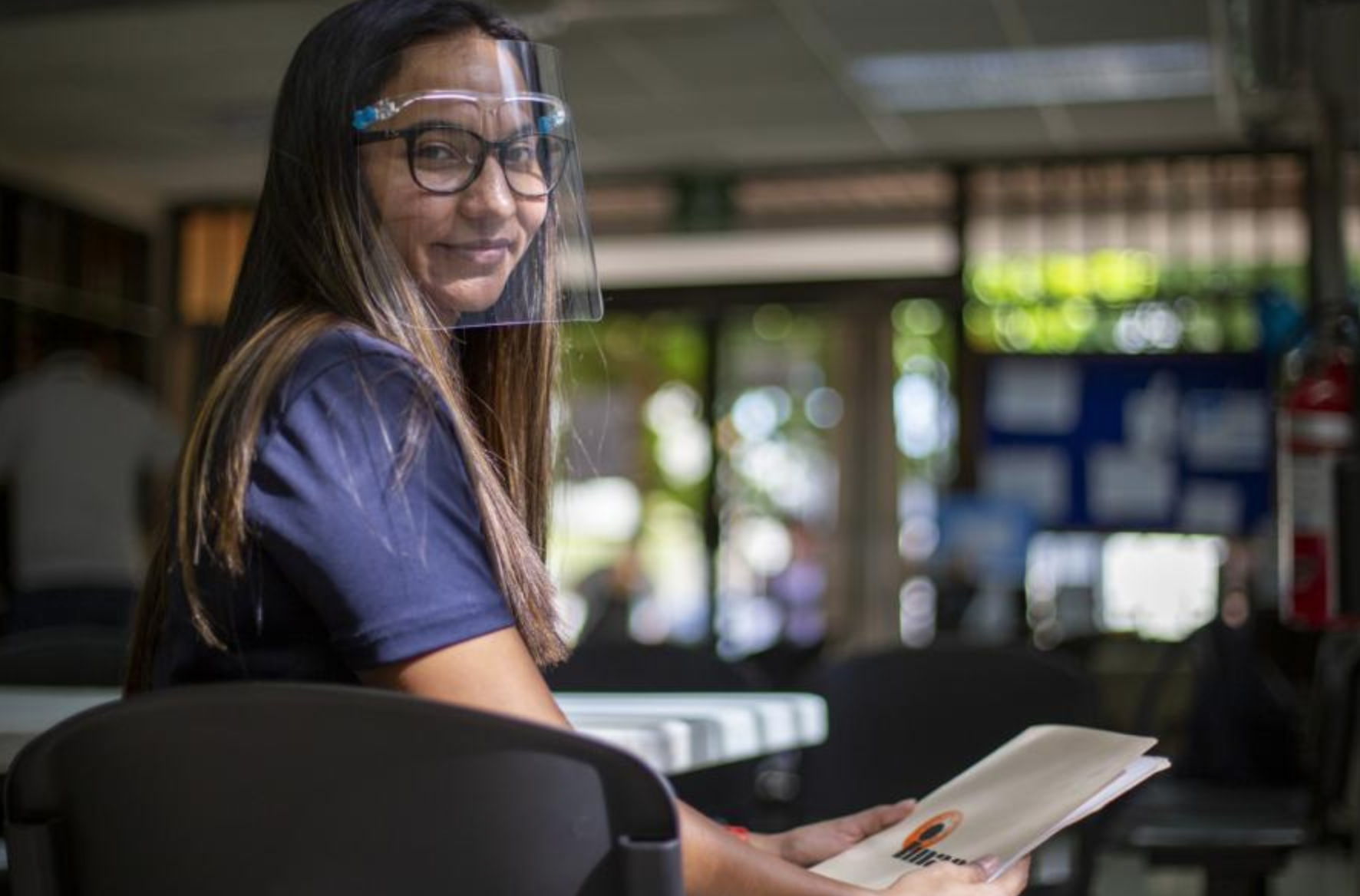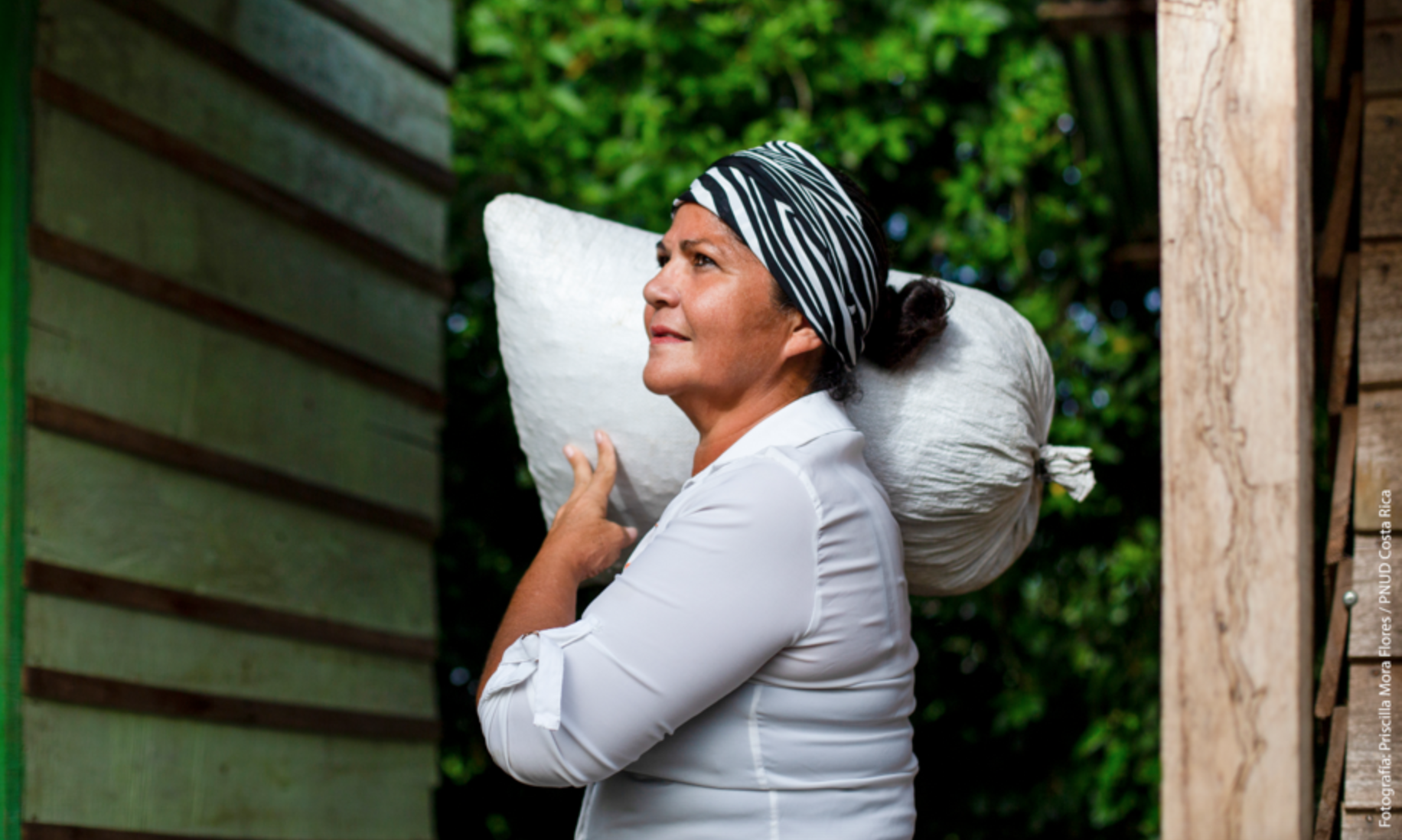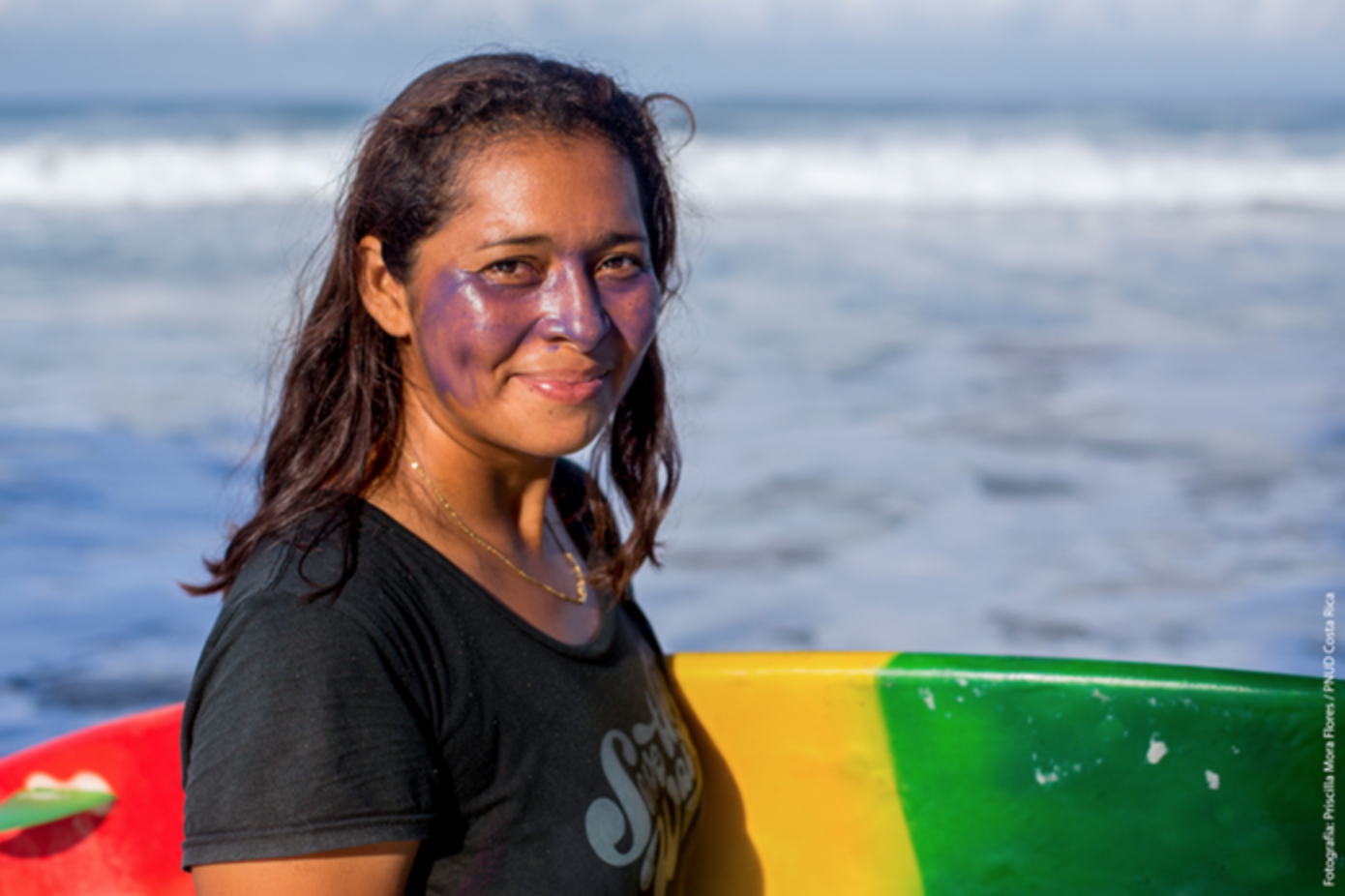Accompaniment of Social Co-Managers accelerates the economic autonomy of women in Costa Rica.
From the coasts and mountains to export crops and tourism sites in Buenos Aires, Puntarenas, and Limón, Costa Rica's multiculturalism and multi-ethnicity looms, one where Costa Rican and migrant people converge, including Afro-descendants, indigenous and non-indigenous people. natives.
Now, a Joint Program is born that will provide tools to social co-managers for the basic protection of families and the economic autonomy of women in these three cantons.
When Gabriela Gamboa left her pharmacy studies to study social work, she knew that she had found a career that would not only bring food to her table: it would also give her the satisfaction of working to support women and their families out of poverty.
It was 2015. Gamboa was 23 when she started working at the Instituto Mixto de Ayuda Social (IMAS) as a co-manager. There, working for the Puente al Desarrollo program - a state initiative that addresses the solution of poverty in an integral way - she learned about the limitations that many families in Quepos and Fray Casiano de Chacarita, in Puntarenas, experience every day. native.
Like each of the IMAS co-managers, Gabriela identified and committed herself to her work in a community that has been hit by poverty and insecurity.
"You have to jump into the water," says the co-manager, who has a vocation to "work for the people."
Every day, and for several months, during 2016 and 2017, Gabriela entered Fray Casiano on his black motorcycle, and soon she began to be greeted, appreciated and sought after by the families who, through her visit, learned that there was an institutional opportunity to support them to overcome extreme poverty and address the persistent challenges of inequality in their communities.
“During my visits, I found heads of households who do not have a job, or who have a poorly paid one. Half of them sell food or clothes to live on. Others clean houses. That is their method of survival. A large part of them have as a surcharge the care of people with disabilities, older adults and minors. Thinking about studying is difficult for them, due to the excess of responsibilities to earn a living, while taking care of the people they are in charge of ”, says Gamboa.























